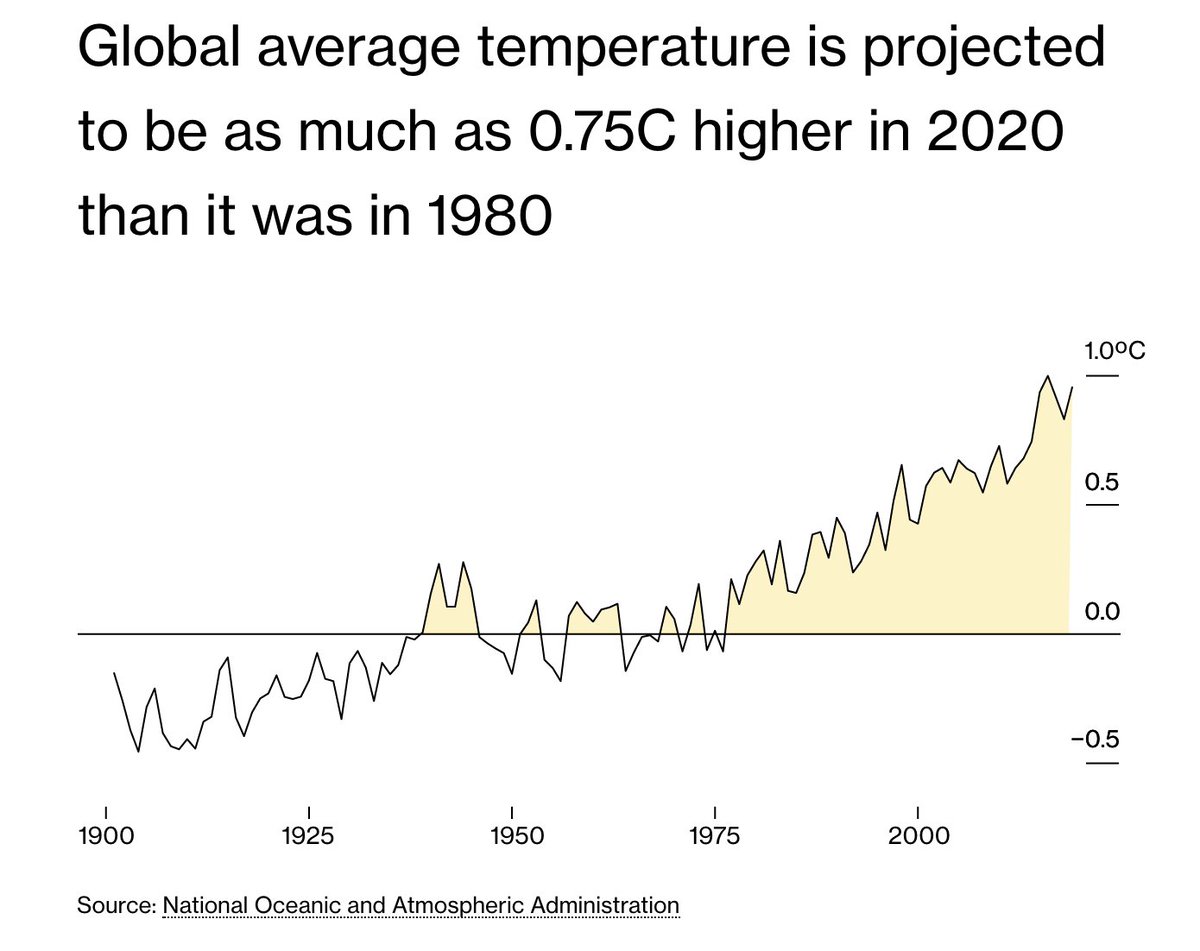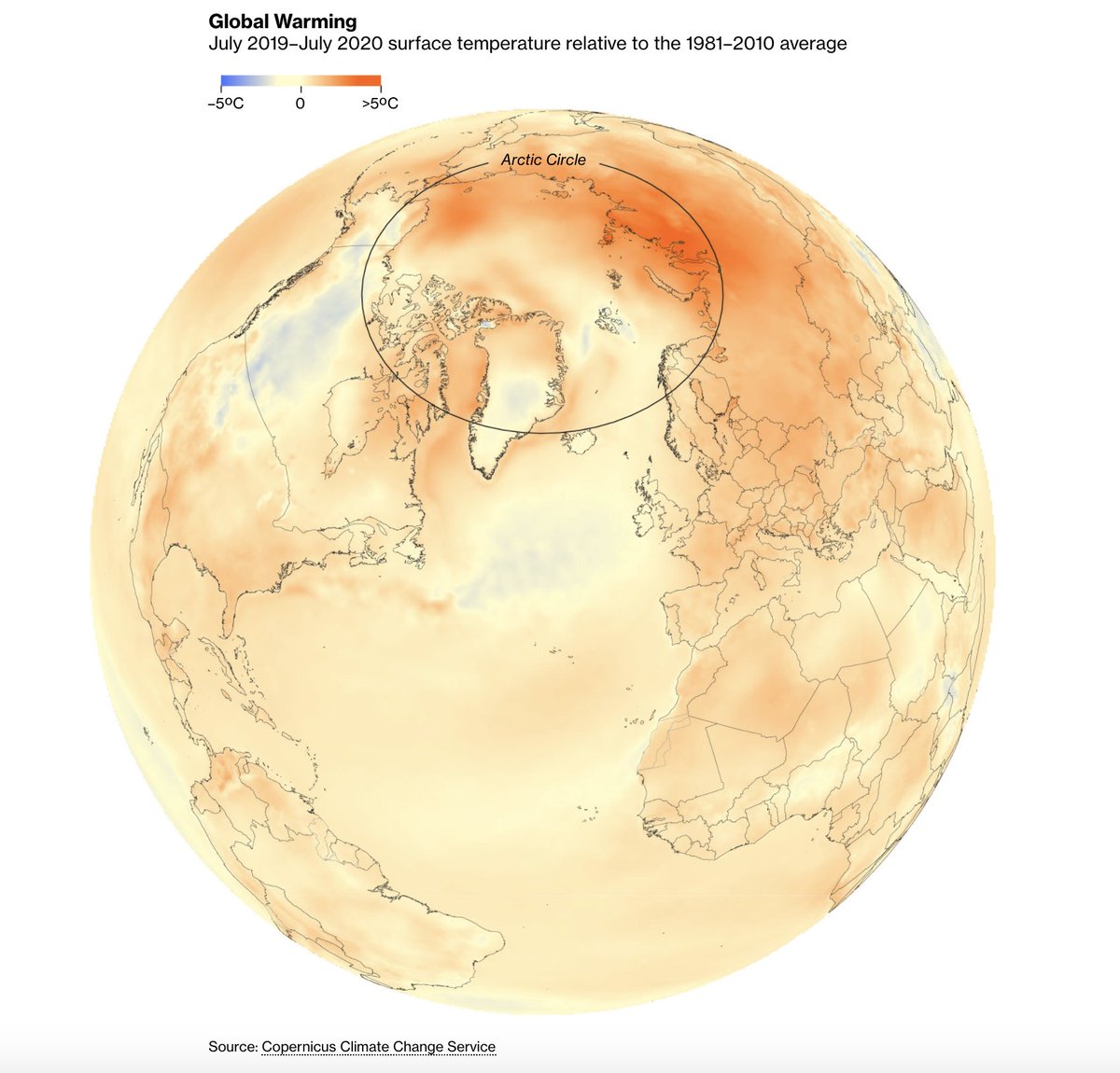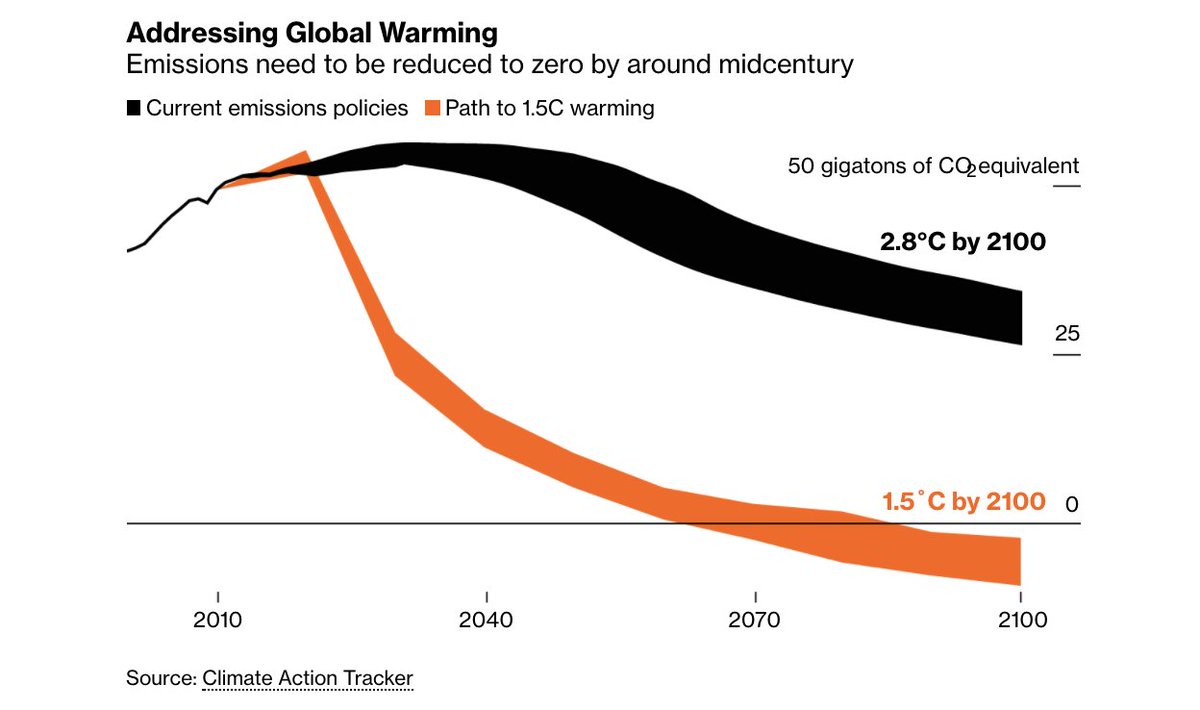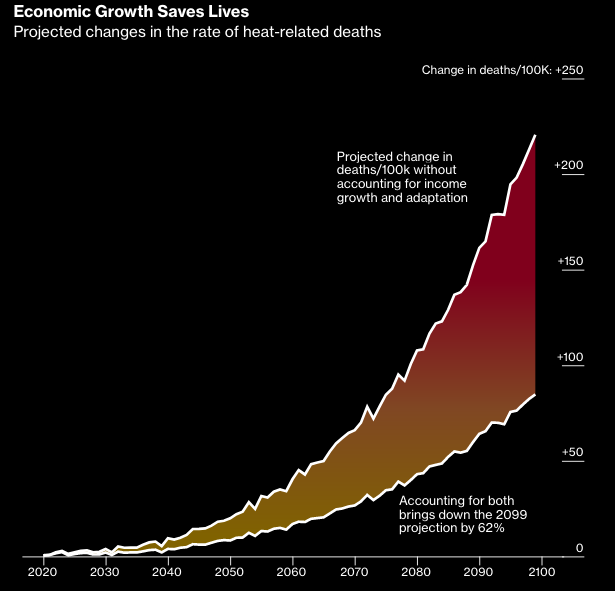
1/ Exclusive:
Following concerns over the sale of millions of dollars in meaningless carbon credits to corporations like JPMorgan, BlackRock and Disney, the Nature Conservancy says it is conducting an internal review of its carbon-offset project portfolio bloom.bg/3rTrXdG
Following concerns over the sale of millions of dollars in meaningless carbon credits to corporations like JPMorgan, BlackRock and Disney, the Nature Conservancy says it is conducting an internal review of its carbon-offset project portfolio bloom.bg/3rTrXdG
2/ The self-examination follows a Bloomberg Green investigation last year that found the world's largest environmental group taking credit for preserving trees in no danger of destruction: bloom.bg/3wuEnwg
3/ While the Nature Conservancy declined to answer specific questions about the review, it said in a statement that it aims to meet the highest standards with its carbon projects and that the inquiry will be led by scientists and a "team of experts with deep project knowledge."
4/ Selling credits for well-protected trees potentially undermines the sustainability efforts of some of the world's biggest companies.
5/ "The way the Nature Conservancy has gone about this is unconscionable," says Charles Canham, a forest ecologist at the Cary Institute of Ecosystem Studies and a longtime board member of a local chapter of the Conservancy.
6/ The Conservancy isn't the only environmental group selling offsets from acreage it didn't intend to harvest.
In South Carolina, the National Audubon Society has been preserving an ancient forest since 1970. Some of the towering cypress trees have stood for 1,000 years.
In South Carolina, the National Audubon Society has been preserving an ancient forest since 1970. Some of the towering cypress trees have stood for 1,000 years.

7/ Plenty of others are selling carbon credits for trees that are unlikely to be felled. This includes hunting clubs that need the habitat for wildlife and universities that use their forests for classes and workshops.
8/ At the Nature Conservancy, the internal review will have to address a number of projects seeking carbon payments for similarly well-protected lands.
9/ For example, after taking care of the land as a nature preserve for over two decades, the Conservancy last year filed paperwork to sell carbon credits from the trees on Cypress Island in southern Louisiana. 

10/ To learn more about how carbon offset programs work and the internal review at the Nature Conservancy, read the full investigation by @ben_elgin: bloom.bg/3rTrXdG
• • •
Missing some Tweet in this thread? You can try to
force a refresh










